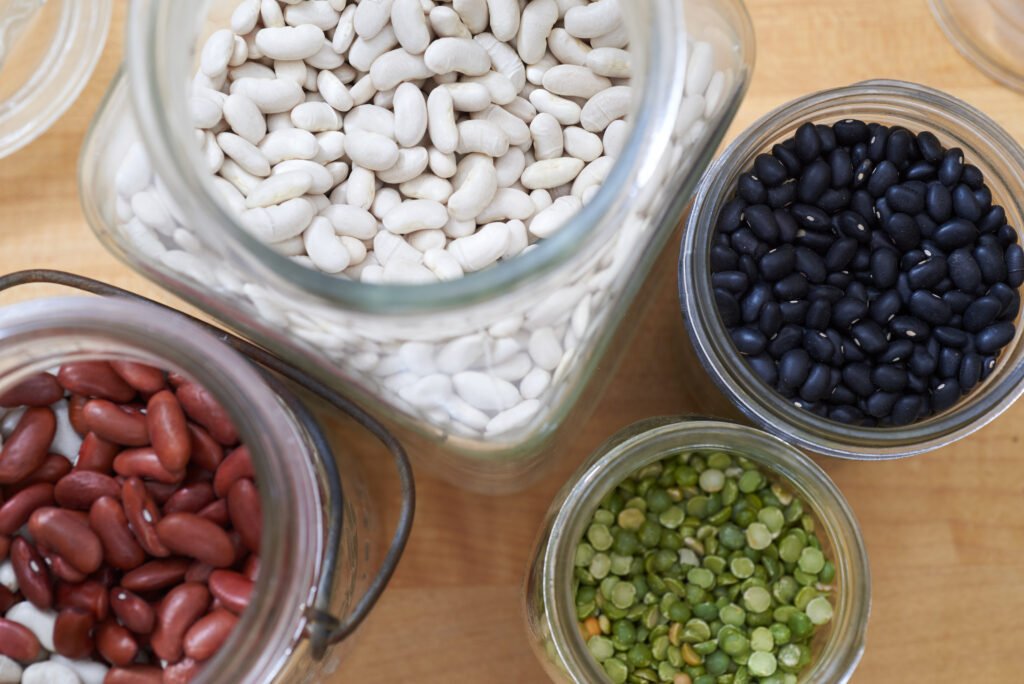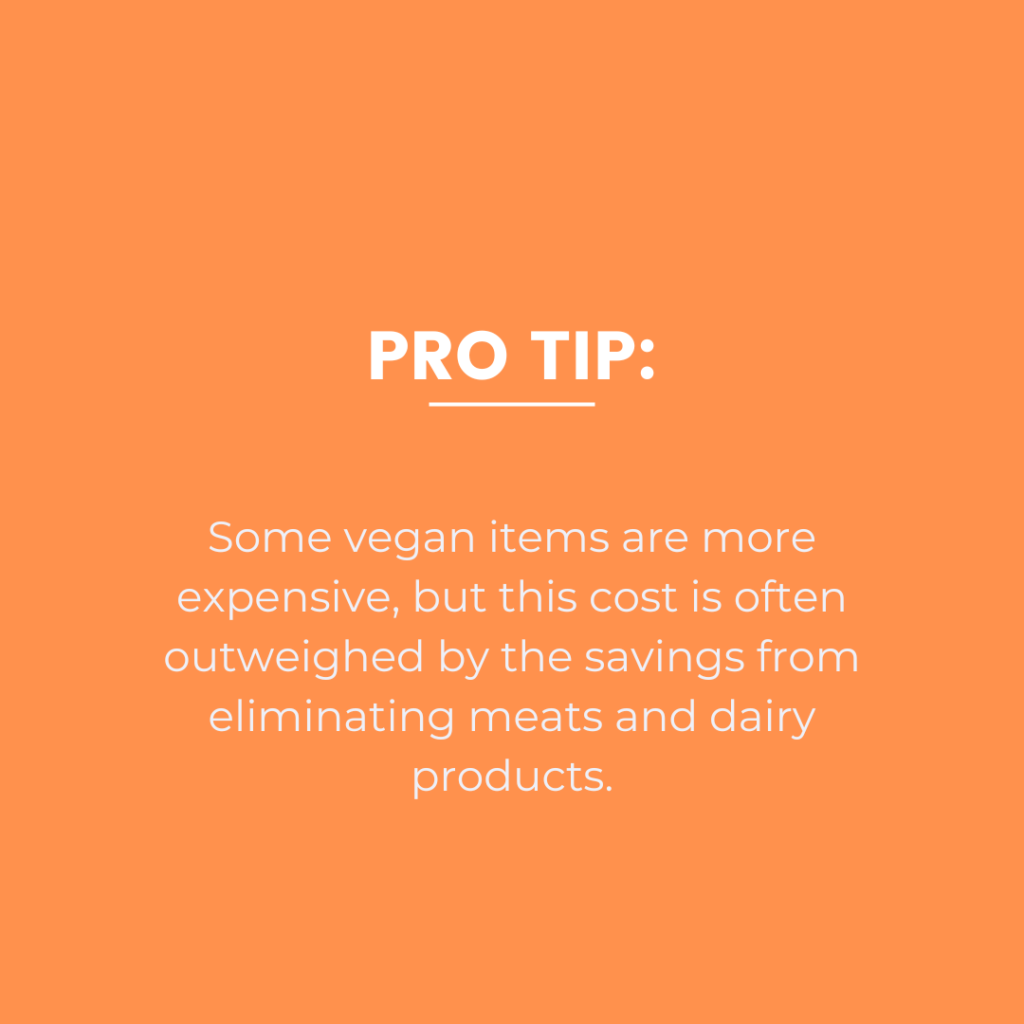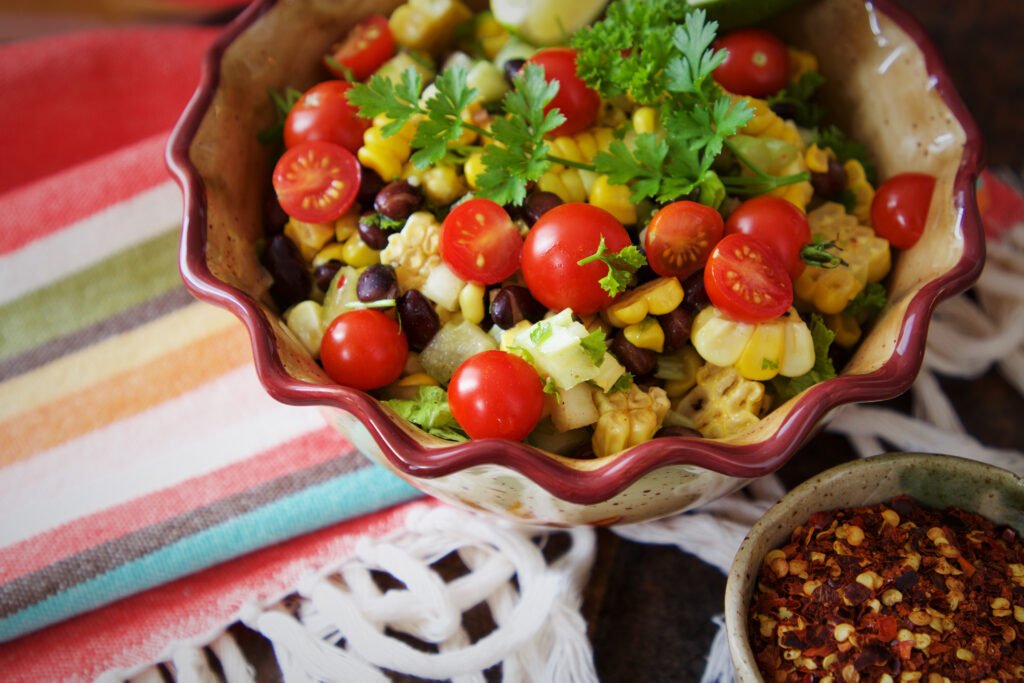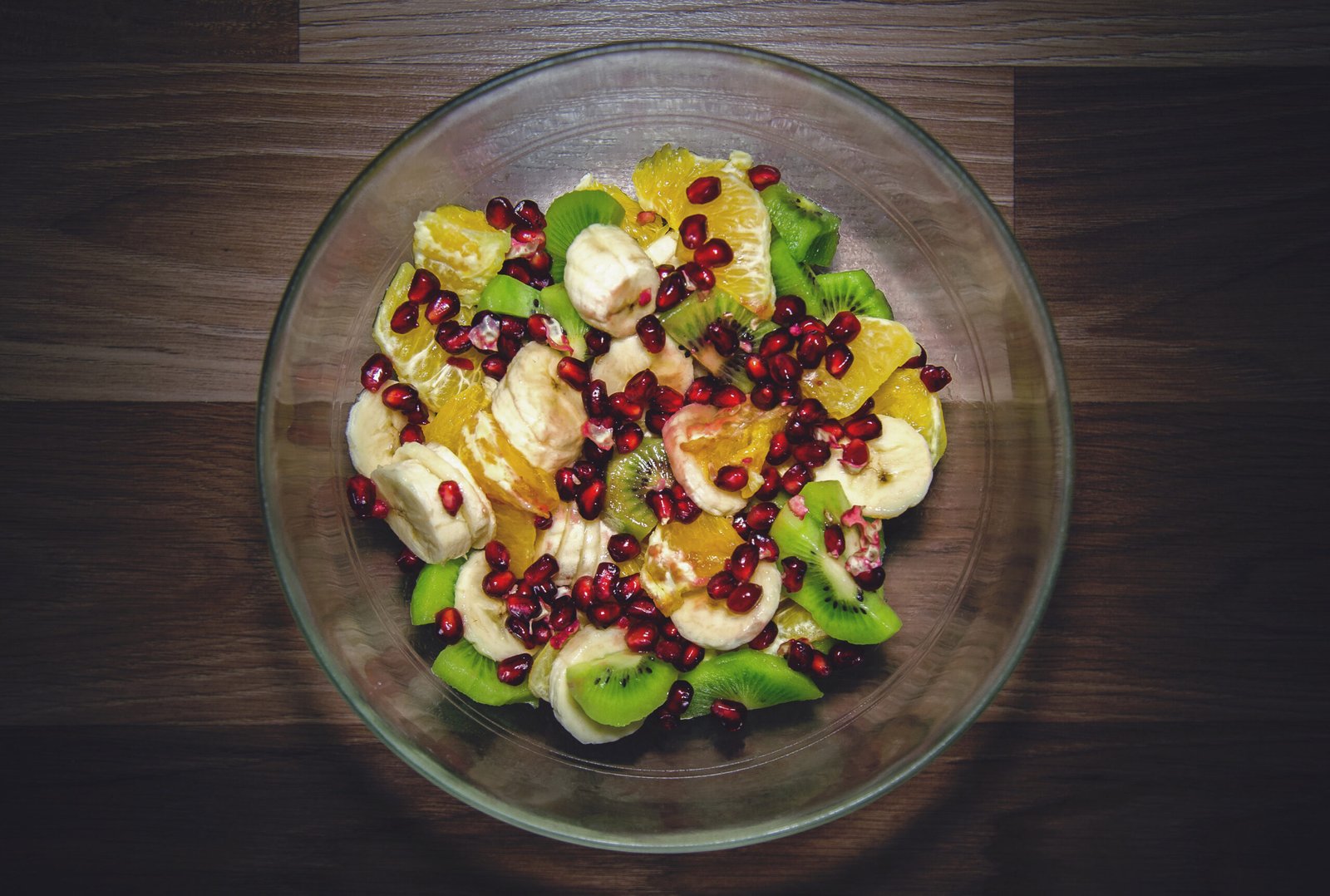In one of Netflix’s latest original series, identical twins fascinate the masses by taking part in a scientific study where each twin follows either a plant-based or an omnivorous diet for eight weeks. Unraveling the complexities of diets, this exploration transcends the screen, revealing surprising insights into nutrition, health, and the impact of plant-based living.
You may also find that plant-based living has a healthy impact on your wallet. A vegan diet can mean significant savings, debunking the myth that plant-based living is exclusively for the fancy elite.
Let’s uncover the surprising truth – a vegan diet might just be the superhero your body craves, and your wallet secretly yearns for.

A Diet for Your Body or Your Wallet?
Nutrition 101
The real power of “You Are What You Eat” is that the series doubles as a captivating Nutrition 101 course. The show takes viewers on a historical journey through the evolution of the “Standard American Diet,” humorously abbreviated as “SAD” by one of the researchers. The foundational data urges contemplation on embracing a plant-based lifestyle, yet the show skillfully avoids slipping into the realm of vegan evangelism.
The Twin Experiment
Stanford researchers stage a ground-breaking experiment involving 22 sets of identical twins that pits omnivorous and vegan diets against one another. The novel study sets out to examine the intricacies of the impact of food decisions on genetically identical pairs.
The twins are provided carefully curated meals by the experts for the first four weeks. When the twins are given the responsibility of cooking for themselves using an honor system, the story unfolds. This culinary showdown becomes the epicenter of the experiment, adding a flavorful twist to the scientific exploration.
The experts monitor a number of health indicators while the twins follow their dietary routines. The program illuminates the unanticipated consequences of food decisions on anything from general wellbeing to the fascinating field of sexual desire. Previous studies teased in the series even claim a staggering 477% increase in night-time erections for those adopting a plant-based diet.

Vegan Staples and Habits
The Beckwith Twins
The Netflix series showcases the riveting eight-week journey of the Beckwith twins. Reportedly, a healthy vegan diet led to a 20-pound weight loss, improved cholesterol levels and slowed signs of aging.
Delve into the surprising outcomes of this real-life experiment, as one twin’s switch to plant-based living leaves a lasting impact on his overall well-being. Consider the post-experiment habits of the Beckwith twins.
Long-Lasting Habits
Matt Beckwith, the vegan twin, continues to embrace key aspects of his plant-based lifestyle.
How? Enriched pasta is swapped for chickpea pasta and quinoa, and the art of sautéing vegetables is embraced. These practical and delicious changes have become permanent fixtures in Matt’s daily routine.
Plant-based staples like rice, beans, lentils, and plant-based pasta are incredibly affordable and can serve as the foundation for numerous meals. These items often come in bulk, offering substantial savings compared to pricier meat and dairy alternatives.
Further, many plant-based foods have a longer shelf life compared to animal products. Dried legumes, rice, pasta, and canned goods can be stored for extended periods, reducing the risk of food spoilage and waste.

Looking to experience the chickpea pasta revolution for yourself? Try one of these awesome chickpea pasta recipes—your wallet (and tastebuds) will thank you.
Breakfast Epiphany and Mindful Eating
In the show, we witness Matt’s transformation from a non-breakfast person to a morning meal enthusiast. Vegetable-rich breakfasts can satisfy both your stomach and your wallet. Focusing on seasonal and locally sourced fruits and vegetables can be more cost-effective. These items are often abundant when in season, driving down their prices. Farmers’ markets and local grocers are great places to find affordable, fresh produce.
The experiment also apparently led Matt to appreciate smaller portions. Consider the mindful practice of using smaller plates, a tradition borrowed from longevity hotspots. Matt shares his journey towards “hara hachi bun me” – eating until you’re 80% full.
The Omnivore’s Return and Culinary Reunion
As the experiment concludes, Matt Beckwith, now an omnivore again, reflects on the foods he missed. From the joy of a classic peanut butter and jelly sandwich to the simple pleasure of butter and eggs, discover the omnivorous delights that Matt eagerly welcomed back into his diet.
The balance between the benefits of a vegan lifestyle and the comforts found in omnivorous favorites is a delicate one.
Vegan Ways to Save Your Wallet
Pre-packaged and processed vegan foods may be convenient, but they can be expensive. Opting for a DIY approach by preparing snacks and meals at home using basic ingredients not only saves money but also allows for creative culinary experimentation.
Planning meals in advance allows for strategic shopping, minimizing the chances of impulse purchases and reducing food waste. Knowing exactly what you need for the week helps optimize your grocery budget.
A well-balanced vegan diet is associated with various health benefits, including a lower risk of heart disease, diabetes, and certain cancers. By prioritizing health through plant-based eating, individuals may experience fewer medical issues, resulting in long-term savings on healthcare costs.

Between meal-prepping and the potential for lower health costs, your wallet might just thank you for trying to go vegan.
Netflix’s “You Are What You Eat” emerges as more than just a food show. It’s a revelation, a conversation starter, and a catalyst for reevaluating our relationship with food. As viewers absorb the twists and turns of this nutritional rollercoaster, the echoes of the experiment linger. The series encourages viewers to reflect on their own dietary choices, and I would encourage readers to reflect on how it could positively affect their wallet.
From plant-based revelations to the reunion with familiar flavors, the journey transcends screens and beckons us to explore the intricacies of our plates, fostering a newfound awareness of the profound impact food can have on our lives—from our stomach to our wallet.
